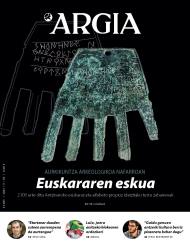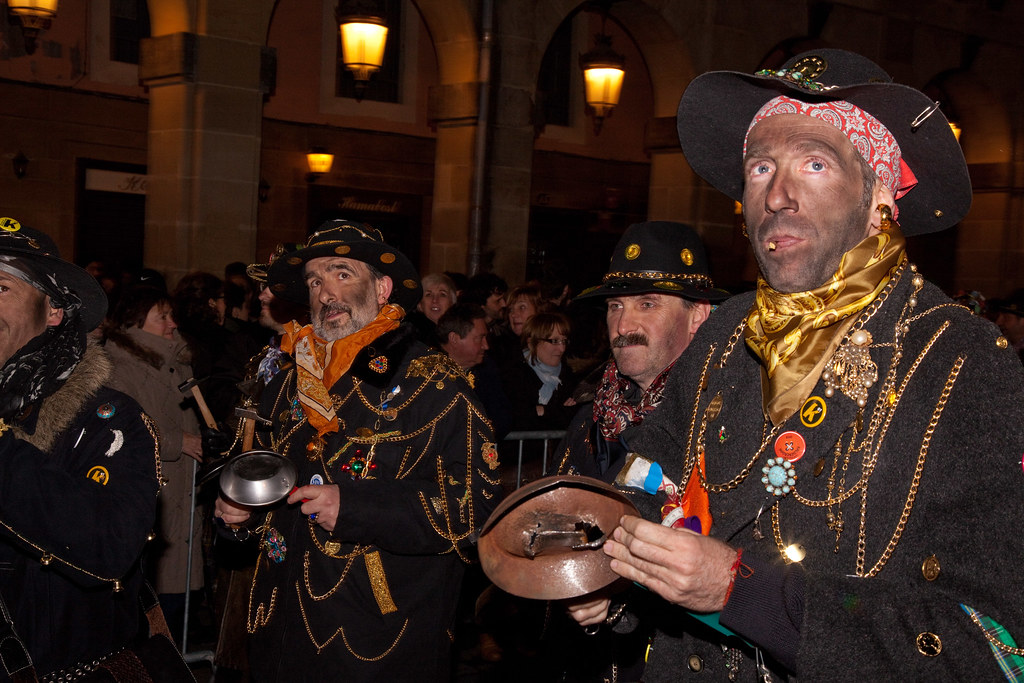November 8 is the day the world celebrates Urbanism. It's not a very famous day, there's no echo of the day in the streets. The truth is, I don't know that urbanism has anything to celebrate. The efemeredia states that this is a day to promote the planning and sustainable life of the urban community with the closest environment. Capitalism has promoted large cities or megapoliss, an idea of habitability that has been built with instruments of urban and territorial planning; we can say that urbanism is a hand of human policies or a draft of necropolitical objectives.
Urbanism orders and regulates the admissible activity in each section of land: here you can cultivate, here you can build houses. When thinking about the usefulness of the Earth, economic rules and the improvement of human life (of some) have prevailed. What is not de facto in this equation is to create coexistence with other living beings. Animals live scared in the vicinity of cities and we've eliminated insects in rural lands. In some lands we protect some animals so that they can be destroyed ethically more calmly in the rest of the land. But there's growing evidence that many human diseases are related to the creation of low-biodiversity residential environments, and that cities' vast concrete surfaces are poor at the growth of life similar to human. That is why it can be said that the urbanism we have practiced is that of necrourbanization.
We have made a mistake: in order for human life to be the right one, we will expel animals and organisms from our places of residence, losing the measure of cleanliness that would protect us, and sterile accommodation will end up throwing man (the weakest bodies first). In view of the result given to us by the rehearsed urbanism, perhaps we should create plots that leave out man, undeveloped spaces, so that nature can live freely and without our help. These may be the islands to learn from coexistence.
Bidali zure iritzi artikuluak iritzia@argia.eus helbide elektronikora
ARGIAk ez du zertan bat etorri artikuluen edukiarekin. Idatzien gehienezko luzera 4.500 karakterekoa da (espazioak barne). Idazkera aldetik gutxieneko zuzentasun bat beharrezkoa da: batetik, ARGIAk ezin du hartu zuzenketa sakona egiteko lanik; bestetik, egitekotan edukia nahi gabe aldatzeko arriskua dago. ARGIAk azaleko zuzenketak edo moldaketak egingo dizkie artikuluei, behar izanez gero.
I don't want my daughter disguising herself as a Gypsy in the caldereros. I don’t want Gypsy children at my daughter’s school to dress up as Gypsies in caldereros. Because being a gypsy is not a disguise. Because being a gypsy is not a party that takes place once a year, with... [+]
The road goes by steps, and I learned a little while ago that it seems to have already begun. But people also want to learn to fill that sentence with content. Alone we could achieve little, maybe even resignation as soon as we started. Gathering huge crowds can also complicate... [+]
Ez zuen egoki jokatu, neurriak hartu behar ziren, bestela, ez dugu ikasten. Itxuraz, ez zen ohartzen egindakoaren inpaktuaz, normal jarraitzen zuen, batzuetan, ingurukoek baino itxura zoriontsuagoz. Gainera, altuegi hitz egiten du, hori ez zaio inori gustatzen. Darabiltzan... [+]
The Department of Education doesn't understand why public employees have gone on strike. He's got to ask the LAB Syndicate. This union signed an agreement with the department in April 2023. Two years later they have also called for a strike because, unlike the previous ones, the... [+]
Erretiratu berri den lankide-ohi baten omenez, Historiako irakaslea. Bejondeizula!
Hezkuntza-legeek azpimarratzen dute zein garrantzitsua den ikasleengan pentsamendu kritikoa sustatzea. Baina irakasle-klaustroak, garai batean ideien eztabaidarako eta proposamenak... [+]
The liberal democracy of the Western countries has a growing appearance of a minimalist democracy. At the heart of the definition would be respect for changes in government through elections. The authoritarian variant of this was called competitive authoritarianism by political... [+]
Zutabe hau idazten nengoela, gaia aldatu behar izan dut, nire arreta osoa harrapatu dutelako Trumpen muga-zergek. Azalpen gutxi beharko duzue, leku guztietan da berria, Txinako produktuei %10eko zerga eta Kanadako eta Mexikoko produktuei %25eko muga-zergak jarri dizkie. Trumpek... [+]
The year 2025 will lead to a general policy of establishing shorter working weeks, bringing low costs for new hires for companies and an effective direction of change in labour relations.
With the aim of complying with the Spanish government agreement, the reform to shorten the... [+]
I received your e-mail in personal mail on the strike portals. At first, like many others, I thought it was to let you know what options we have in the face of the strike. But no, the e-mail received was a political and communicative movement against the strike.
I will confess... [+]
This weekend I've been thinking about the word 'aesthetic' in relation to a phrase said by a friend: “This work is aesthetic.” I have studied the etymology of the word aesthetic, it seems that its meaning was originally perceived through the senses, and it was later associated... [+]
We are in the midst of a world imperialist offensive led by the Western bourgeoisie. The form that the imperialist offensive has taken is that of war, with all its variants: economic war, cognitive and cultural war, lawfarr; and, of course, military war. Western imperialism has... [+]
The other day in Bilbao, I met a friend at the Bira bar. We were very happy at the Tar and I said: “Of course, since you’re Guipúzcoa, hahahaha.” And he insisted that he was not Guipuzcoan. Without me understanding it, I kept saying, “Ah! Is it not? You were born in New... [+]























